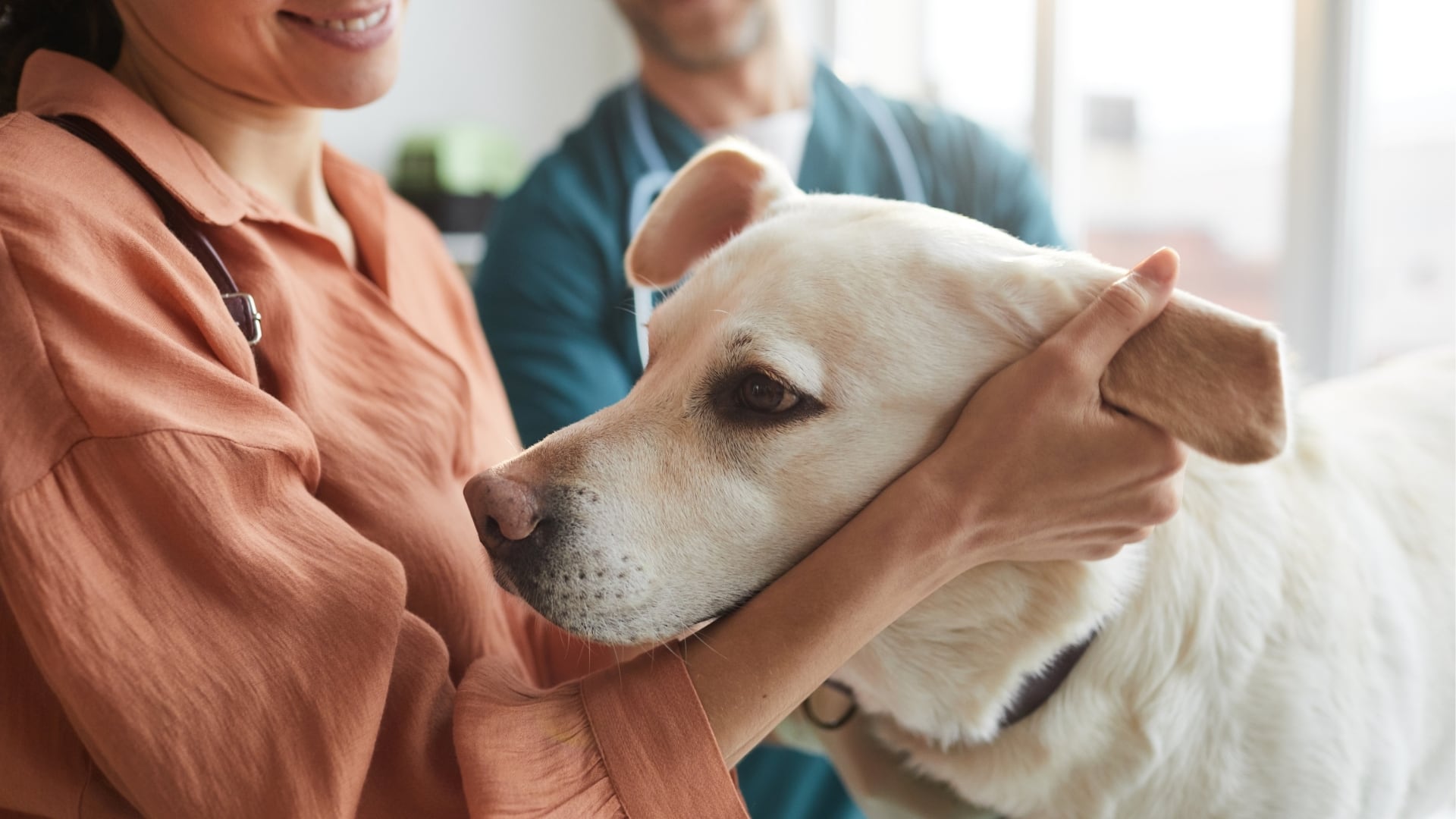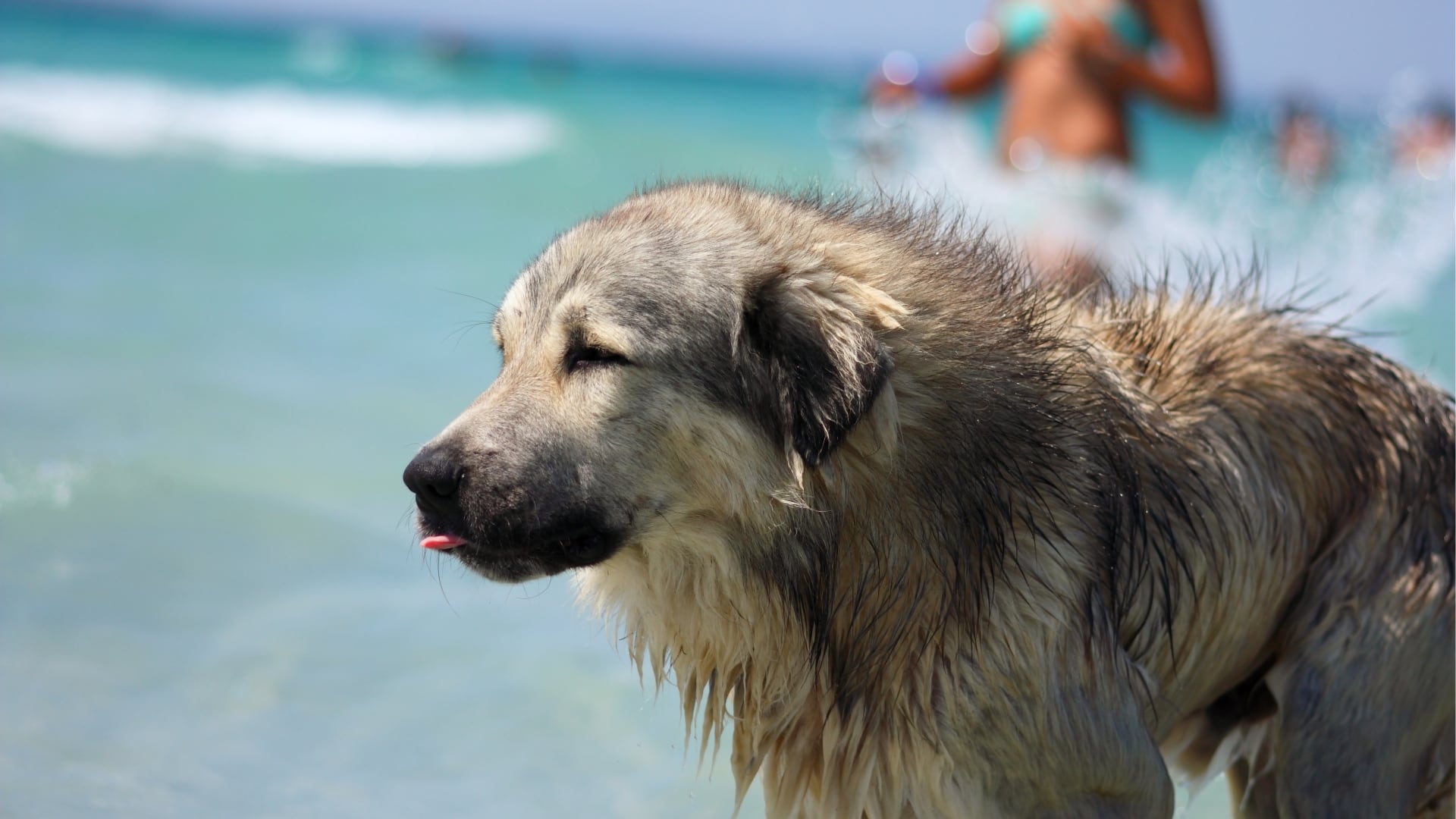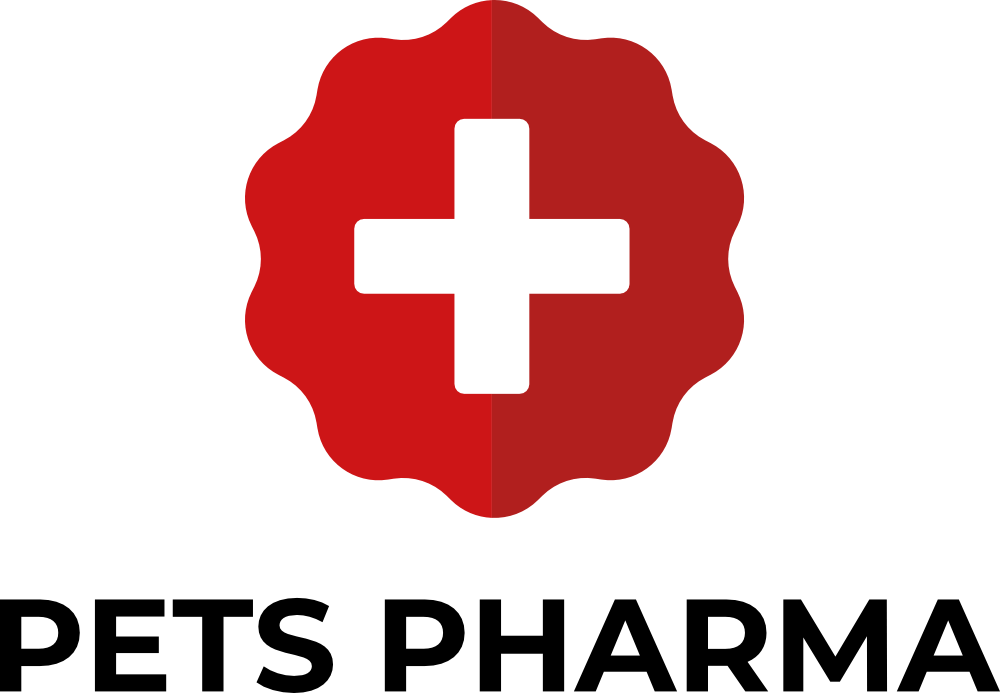Can dogs overdose on L-theanine?

Recognizing L-theanine: what is it and how does it work?
L-theanine is a fascinating ingredient found primarily in green tea leaves. It is known for its calming properties, without the need for pharmacological agents. Acting as a natural anxiolytic – a sedative, L-theanine helps reduce feelings of stress and nervousness. How is this possible? Well, L-theanine affects the levels of neurotransmitters in the brain, leading to increased production of serotonin and dopamine. These, in turn, are responsible for our well-being and calmness, which proves the unique properties of L-theanine.
It is worth noting that L-theanine supplementation is not associated with the typical side effects of anti-anxiety drugs, such as drowsiness or addiction. This makes it an excellent choice for those looking for natural ways to deal with nervous tension. For pets, both dogs and cats, products containing L-theanine, which Pets Pharma P.S.A. offers under the Eloa brand, can significantly improve our pets’ quality of life by reducing stress without negatively affecting their health or behavior.
Safe dosage of L-theanine for dogs
L-theanine, naturally found in tea leaves, is increasingly being used as an anxiolytic in supplements for dogs, offering help to reduce feelings of stress and nervousness. Understanding the proper dosage of this calming substance is key to ensuring the safety and health of our four-legged friends. Responsible supplementation requires adherence to dosage recommendations, which depend on your dog’s weight and overall health.
L-theanine administration should be tailored about the individual pet’s needs. For smaller dogs, weighing up to 10 kg, the recommended daily dose is usually around 50 mg. Medium breeds, weighing between 10 and 25 kg, can receive about 100 mg of L-theanine per day. For large dogs weighing more than 25 kg, a safe dose can be as high as 200 mg per day. It is important to consult a veterinarian before starting supplementation to help adjust the dosage to your dog’s specific health needs and condition, which is in line with the principles of responsible supplementation.
Pets Pharma P.S.A. is committed to the highest quality standards when offering Eloa products, which confirms the effectiveness and safety of the supplements they contain, including the properties of L-theanine. Dosage of supplements should always be followed according to the manufacturer’s recommendations to avoid the risk of overdose, thus maximizing the health benefits for our pets.
Potential risks of overdose: Symptoms you should know
L-theanine is a popular anxiolytic, a sedative used to reduce feelings of stress and nervousness in dogs. Although it is generally safe and effective for many pets, there are potential risks associated with its overuse. Recognizing the signs of an overdose can be crucial to your pet’s health and safety.
It’s helpful to know the main symptoms of an L-theanine overdose, which can include excessive sleepiness, decreased motor skills or even dizziness. While these symptoms may seem mild, they can lead to more serious complications if left unnoticed. The properties of L-theanine are prized for facilitating relaxation in pets, but its abuse can disrupt the normal functioning of a pet’s body. Understanding the line between therapy and abuse is crucial for any responsible dog owner.
When you notice any worrisome symptoms, consult a veterinarian immediately. A specialist will help assess your dog’s health and recommend appropriate steps, which may include adjusting the dosage or discontinuing the supplement altogether. Remember that every dog is different and what works for one may not be appropriate for another.
Interactions of L-theanine with other medications
L-theanine, a popular anxiolytic, is a well-known sedative often used to reduce feelings of stress and nervousness in both humans and animals. Given its growing popularity, especially among dog owners, it is important to understand how L-theanine can interact with other medications or supplements given to our four-legged friends. The use of L-theanine along with other medications requires caution, as unforeseen effects can occur that affect the health of the pet.
L-theanine’s pharmacological properties include acting at the level of neurotransmitters in the brain, which can potentially affect the metabolism of other drugs. For example, its co-administration with opioid- or benzodiazepine-based drugs, which also act to relieve stress and nervousness, could increase their sedative effects. Such a combination can lead to excessive sedation, so it is always advisable to consult a veterinarian about such a combination. Additionally, if your pet is taking blood pressure-reducing medications, the addition of L-theanine may potentiate their hypotensive (blood pressure-lowering) effects, which also deserves attention and monitoring.
To avoid unwanted interactions, a thorough medical history with your veterinarian is recommended before starting L-theanine as a supplement in your dog’s diet. Like any anxiolytic, this substance can show interactions with other elements of therapy, which can lead to more or less serious health effects. It is prudent to conduct regular health checks on your pet and adjust the dosage according to your dog’s current needs and health conditions. Proper attention to this issue will help ensure that the properties of L-theanine will effectively support your dog’s well-being without additional risks.
How does L-theanine affect a dog’s behavior?
Giving your dog supplements containing L-theanine can be particularly beneficial in situations that are naturally likely to cause stress – such as vet visits, car trips or new, unfamiliar situations. Regular use of such supplements can contribute to an overall reduction in your dog’s stress levels, which is not only beneficial to your dog’s well-being, but also makes life together easier. Thanks to products such as those offered by the Eloa brand in the Pets Pharma P.S.A. line, owners can provide their pets with natural support, enriching their diets with ingredients that reduce anxiety and improve their pet’s overall well-being.
Natural alternatives to L-theanine
L-theanine, a popular anxiolytic known for its calming properties, is often used to reduce feelings of stress and nervousness in dogs. While it is an effective remedy, it is also worth considering other natural alternatives that can be used more safely as a supplement or replacement for this supplement. One such substance is valerian, which is used as a natural sedative. Veterinarians often recommend valerian root extracts in situations of increased emotional tension in animals, as in cases where the properties of L-theanine are used.
Another safe and effective alternative is lemon balm, which has been used in folk medicine for centuries. Thanks to its natural sedative properties, lemon balm can help calm a dog in stressful situations, just like L-theanine. This makes lemon balm not only a great dietary supplement, but can also serve as a sedative on its own. When choosing the right formula for your pet, look for products from reputable companies, such as Pets Pharma P.S.A. and their premium brand Eloa – both specialize in offering the highest quality pet supplements.
See also

How to monitor the effectiveness of supplementation?
Recognizing health signals: The first signs of improvement Monitoring the effectiveness of supplementation in dogs is a key part of caring…

Can different supplements be combined?
Understanding your dog’s nutritional needs Understanding your dog’s nutritional needs is important to ensure your dog’s health and well-being each breed,…
